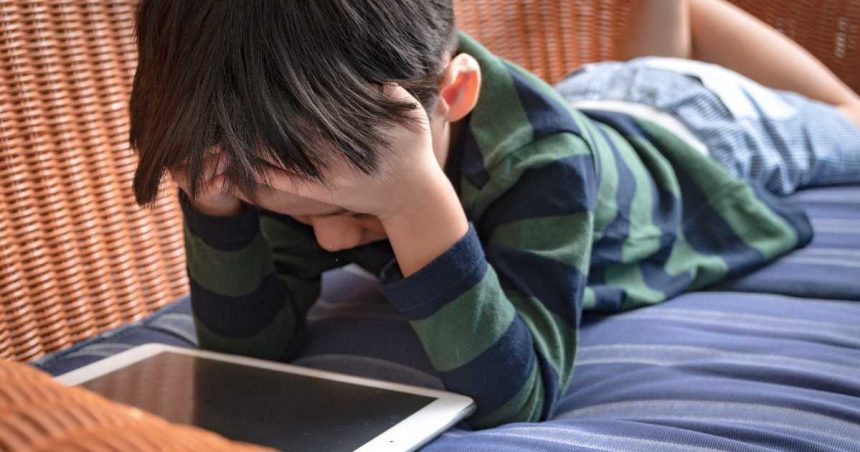State Schools’ Relief, a Victorian not-for-profit, continues a partnership with Bank First and ASCA (Australian Schools Canteen Association) this year, to provide more than 400 iPads and heavy duty covers to non-verbal students across the state, helping to remove barriers to educational engagement.
Building on the success of previous years, the partnership between State Schools’ Relief, Bank First, and ASCA reaffirms their commitment to ensuring that every child, regardless of their communication abilities, has access to the resources they need to thrive in the classroom and beyond.
State Schools’ Relief is a unique Victorian organisation that provides anonymous assistance through the provision of uniforms, shoes and other essential educational resources, to students who have been identified by teachers and principals as struggling with the impact of material disadvantage.
In the 2022-23 period alone, SSR distributed $7.1 million worth of essential items, including iPads which benefited 452 students. Since 2016, the not-for-profit has distributed over $45 million worth of essential items, highlighting its significant impact on Victorian communities.
“The iPad program assists students experiencing significant communication barriers within their school environment and home. The iPad gives students a voice – something that is a universal right and helps these young people to have a voice, have agency and to be heard,” says Sue Karzis, CEO of State Schools’ Relief.
“I am so proud that SSR is able to deliver such an impactful program, and it is only possible due to the generosity of our partners, particularly Bank First and ASCA as well as The William Angliss Charitable Fund.”
For students with special needs, Ms Karzis told EducationDaily that the unique iPad program has a sustainable impact that extends beyond the classroom and the SSR’s latest delivery – to Glenroy Specialist School in Melbourne’s north, has been welcomed by the school’s principal, Allan Waterson.
“Giving kids who can’t otherwise afford to access this kind of tech tool makes a genuine, lasting difference to their connection to their education – and that support helps their family or carers as well,” Ms Karzis says.
The program:
The iPad program supports non-verbal students to overcome communication barriers within their home and school environment through the provision of a communication device. For many families facing adversity and with a child requiring this support, iPads can be financially unattainable, hindering a child’s education and communication. To access an iPad through this program, allied health providers and school staff identify students within specialist schools who need a device and whose families or carers face barriers to accessing them.
The impact:
The program enables non-verbal students to participate in their learning and increase their ability to communicate. Research demonstrates that for non-verbal students, iPads can increase their learning potential, improve their ability to communicate and increase their social skills. By providing these devices, State Schools’ Relief, Bank First, and ASCA are empowering students to participate fully in their education and community.
Where schools have the resources, students will be supported with individual training sessions on how to use their devices to better enable them in making an impact on the world around them – an approach that Ms Karzis says adds to the value of the iPad access.
“Equitable access to education has the power to change lives.”








